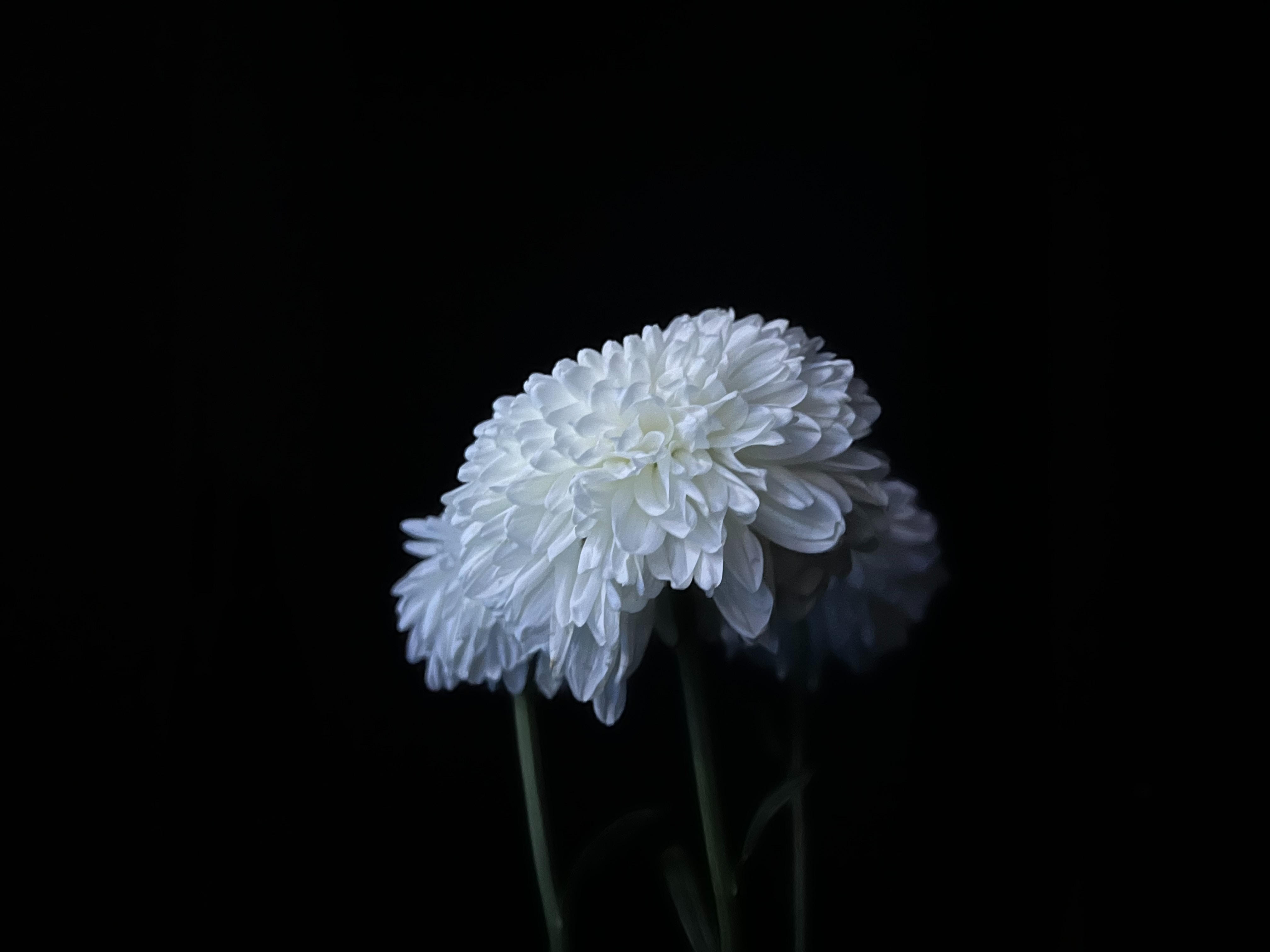South Korea has rules on media reporting of celebrity suicides.
The method of death should not be disclosed.
The location should not be identified or pictured.
No images of the person’s dead body should be published.
No images or footage of commemorative events that might appear to glamorise the death should be disseminated.
The text of any suicide note should not be published.
The death should not be attributed to a single cause.
For full context, here’s a reference – https://bmcpublichealth.biomedcentral.com/articles/10.1186/s12889-023-16080-1
It’s difficult, impossible, to ensure YouTubers and social media commentators comply with any of these regulations.

I’m not even going to name the person whose death prompts this piece. The date speaks for itself.
However… I am shocked by how deeply I feel affected.
Since August 2019 I have been a hallyu and K-drama obsessive. I am 62 years old and have no excuses. Maybe fan-girl is who I am. But I will say that K-drama got me through the COVID lockdown periods. K-drama widened my world, shaped my thinking, kickstarted renewed mojo, gave me joy.
For three years I’ve been studying Korean language. Travel in Korea last spring was three weeks of bliss. I have been so happy immersed in Korean culture.
And yet, I was aware from early on that the Korean entertainment industries are brutally exploitative. The human damage is immense. The wastage of entertainers blackbanned in consequence of “scandals” is frightening. The long list of celebrity suicides is tragic.
I’m not going to write an essay here on all the ways in which Korean entertainment brutalises its participants.The commodification of human beings, the unfair contracts, the overwork, the unrealistic expectations, the fatigue, the depression, the loneliness, the public intrusion and public persecution are all well documented elsewhere. No one should die because penalty clauses in their contracts make living seem untenable.
I have wondered how men participate in prostitution, as clients, knowing the exploitative structures within which these transactions operate (mostly). I spent 10 years living in a red light district, not as a prostitute, but, ironically, as an entertainment journalist. The degrading conditions were in the public’s face.
Now I wonder how I can support an entertainment culture which dehumanises and kills its own. At one end, the South Korean entertainment industries are literally a feeder chute to the sex trade. At the ‘higher’ end, even the most high profile ‘successes’ walk a perilous line.
I feel like me continuing to support K-drama and the K-fantasy realms is like a man who buys a woman off the street. The pain and vulnerability are in my face. I can’t pretend otherwise.
I’m aware I might feel this way because people I worked with in entertainment died by suicide.
I was deeply affected when that happened, too.
I’m aware of the ripple effects of suicides. And the devastation of those closest.
Recently I bought a hoodie from a company called Kind Is Cool. They make t-shirts and hoodies with suicide prevention messages on them. Part of their proceeds go to suicide prevention causes. The hoodie I bought read ‘Tomorrow needs you’.
I’m inclined to think we need tomorrow. Tomorrow calls us. It’s always a new day.

